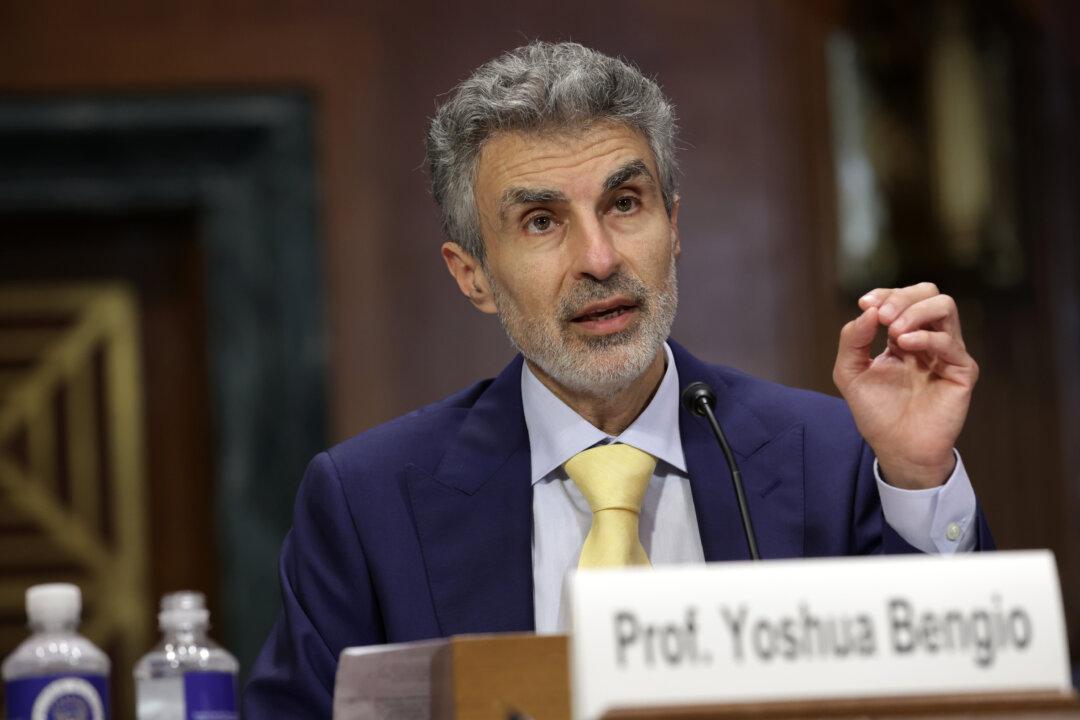One of the top minds in artificial intelligence (AI) and an accomplished computer scientist is calling on governments to make the regulation and control of AI a high priority.
Yoshua Bengio—who has achieved global recognition as one of the world’s leading experts on artificial intelligence, most known for his pioneering work in machine learning and winning the 2018 A.M. Turing Award—has voiced his concerns about AI superseding human intellectual capability, a rapidly evolving risk to humanity.





